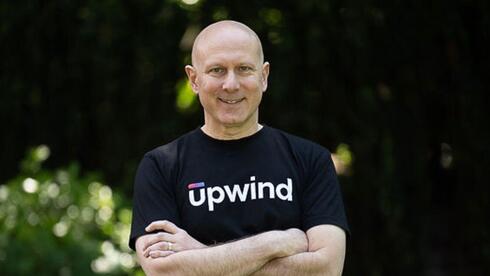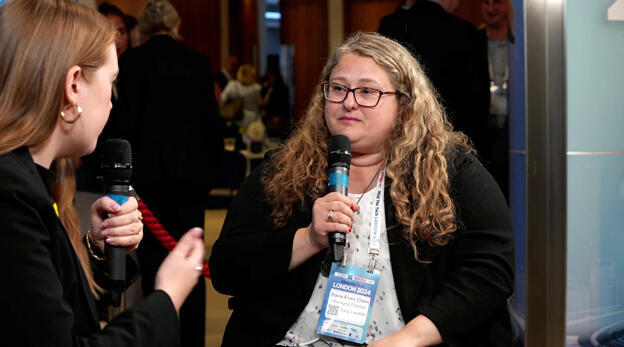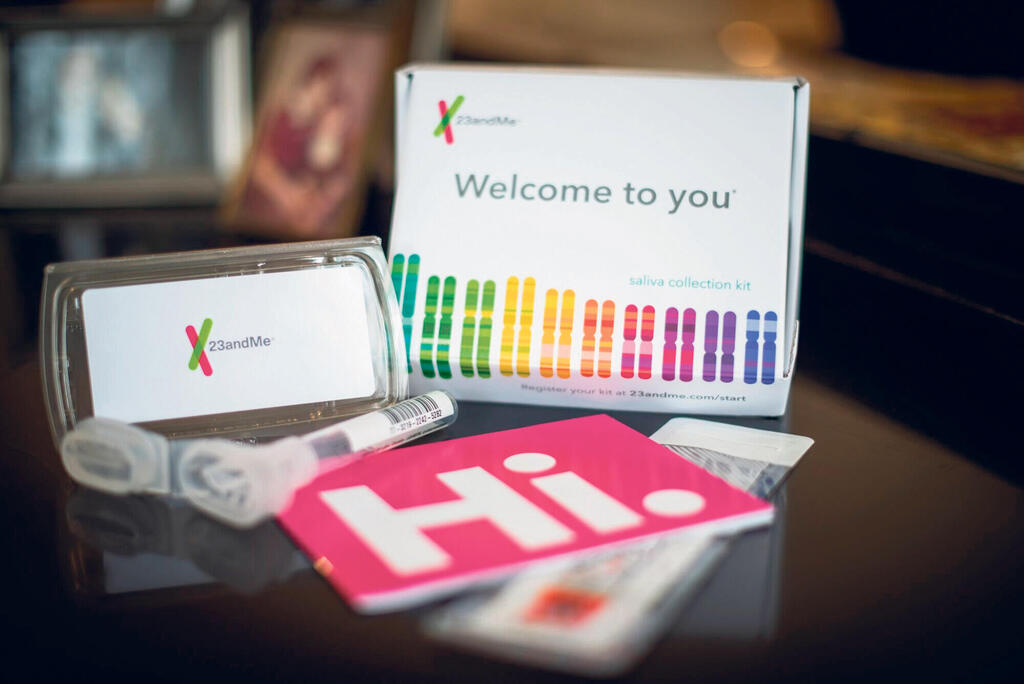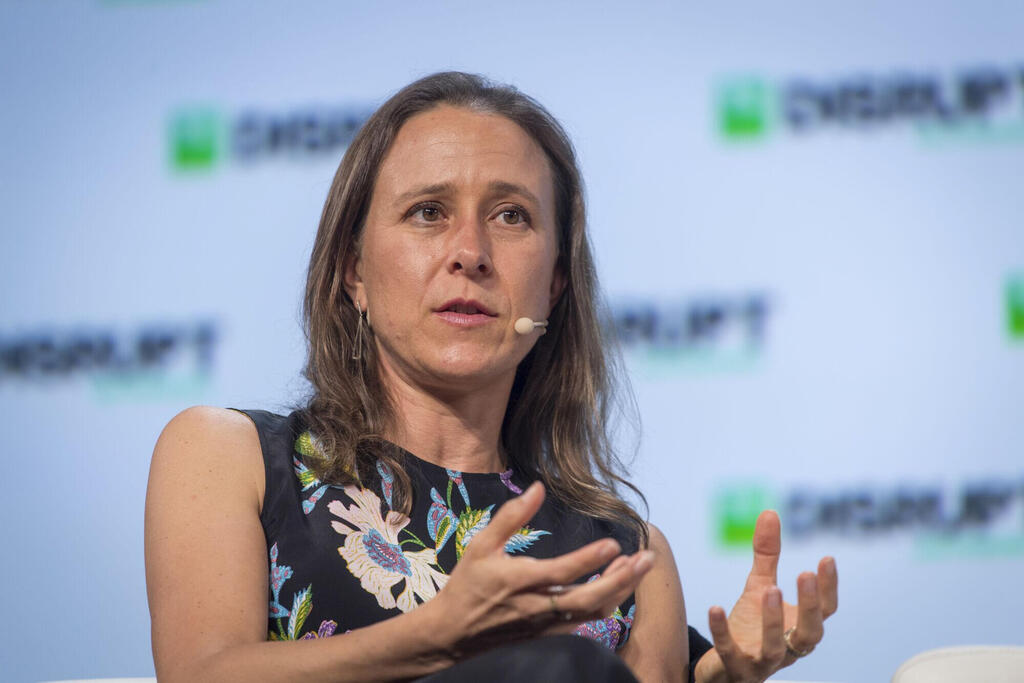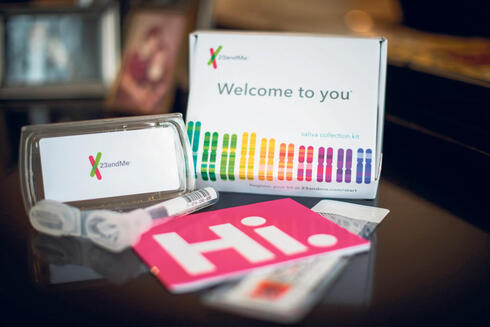
23andMe’s promise of genetic testing has been shattered
23andMe’s promise of genetic testing has been shattered
Three years have passed since the IPO of genetic testing company 23andMe and it has faced a nosedive in profits due to public mistrust, a one-time use product, ethical concerns about user data, and security breaches
Three years after 23andMe completed a dizzying IPO at a valuation of $3.5 billion, the genetic testing company is considering going private again. As is typical for SPAC IPOs, the company enjoyed a peak market value of $6 billion shortly after the IPO, but has since seen a continuous decline and is currently trading below $300 million. How is it that a company that raised over a billion dollars, once boasted famous investors like Richard Branson and was named "Invention of the Year" by Time Magazine, is today traded at such a low value? The reasons were actually predictable.
Recently, CEO Anne Wojcicki announced that the company plans to purchase all existing shares and make it private again. Wojcicki herself owns 20% of company shares, which she has received over the years as part of her compensation policy. Anne is the sister of Susan Wojcicki, the former CEO of YouTube, and the ex-wife of Sergey Brin, one of the founders of Google. Brin and Google were early investors in 23andMe and one of the reasons for its great success in the beginning.
Since it was established in 2006 and until today, the company has raised $1.8 billion, while it has never recorded a profit. 2023 was a particularly terrible year and included three rounds of layoffs, with sales of approximately $300 million - a 32% drop compared to 2019 - and a record loss of $312 million. In a conversation with investors, Wojcicki attributed the loss to a drop in sales of genetic testing kits, as well as a drop in research revenue after ending her main collaboration with the pharmaceutical giant GSK, with which she had a controversial agreement to share genetic information that she had collected on her clients. The complex financial situation and the lack of new channels for raising capital have now led Wojcicki to a last resort - to take the company private in order to bring in new investors.
Celebrities held "spit parties"
Wojcicki founded the company with geneticist Linda Avey who came up with the idea, and who she pushed out three years later, maintaining exclusive control ever since. For a period of time the company was a great success and for good reasons - the product was interesting and made genetic tests accessible to the general public for the first time, something which used to be the domain of medicine and law enforcement. Suddenly, with a little saliva, anyone who wanted to could gain new insights about their ancestry, and even locate relatives they never knew existed. Celebrities held "spit parties," and Wojcicki gained both fame and the admiration of Silicon Valley as an innovative entrepreneur.
But the same problem has always hovered over the company's activity: a genetic test is only conducted once, so if this is the core of the company's activity, the ability to grow is very limited, even more so if you happen to have a competitor or two (such as Ancestry and the Israeli MyHeritage). As a result, this led to the inevitable and desperate search for complementary products, but how much more can a home DNA testing business expand? It turns out, not much, and in any case, what was offered was not a business model that could prosper.
Additionally, since 2019 the public has understood that these companies do as they please with their customers’ most sensitive data, including selling their genetic information to pharmaceutical companies for research. This has understandably caused the public to be suspicious of genetic testing companies, especially 23andMe. This concern has proved to be justified; not only have these databases been used by law enforcement to solve crimes, but data leaks and hacks happened more than once. The most recent hack took place on October 6, when 23andMe servers were hacked and the genetic information of a million users - mostly Ashkenazi Jews - were stolen.
23andMe then tried to develop into another equally complex field: pharmaceuticals. They sought to develop and market new drugs based on research on the genetic samples they’d collected over the years and whose owners consented to the use of their samples for research purposes (13 million samples). But drug development is an expensive, slow and rather risky business, and the company was unable to introduce new sources of income quickly enough. Accordingly, the stock plummeted by 98% in the last three years.
Alongside drug developments, the company tried to develop complementary health services based on "polygenic metrics.” These "likelihood metrics" are taken from crossing the list of known genetic variations with the genetic information of any person, and their purpose is to reflect the tendency of that person to any disease. 23andMe has published over 30 such metrics for illnesses such as depression, PTSD and bipolar disorder. However, some experts in the field including geneticists and psychiatrists believe this to be an immature science. Because the metrics do not weigh other contributing factors, some experts say that they are not useful and can lead to unfounded panic.
Researchers were actually so alarmed by the popular polygenic grading service that they appealed to the FDA demanding that such grades be banned, fearing that such data could lead to life-threatening psychological stress. Of course, this did not prevent the company from launching in November a product for subscribers that offers genetics-based medical treatment called Total Health and costs approximately $1,200 per year. At the same time, the company went through a series of layoffs and was hit with about 30 class action lawsuits surrounding the massive data breaches it experienced.
The challenge: to restore consumer trust
For 23andMe, the solution to the embarrassing situation is quite clear: it needs to restore consumer trust and make them believe that they can use their genetics-based medicine services (as a subscription program). The company must also identify new research partners and, above all, find the investors who are up for an adventure with a company that is losing profit and whose chief product can only be used once.
23andMe’s situation reveals quite a bit about the changing world and their failure to adapt to it. Public skepticism and ethical concerns regarding user data is enormous. Customers have become less interested in a few hundred dollars to give their genetic data to a company, only for this data to be sold to third parties or to make themselves vulnerable to abuse either by hackers or by government agencies for policing. Prospective 23andMe customers today need to consider whether the promise of bridging medical disparities is worth the potential insecurity. Under these current conditions, the future of 23andMe seems nothing short of impossible.




